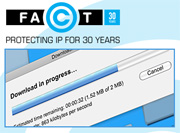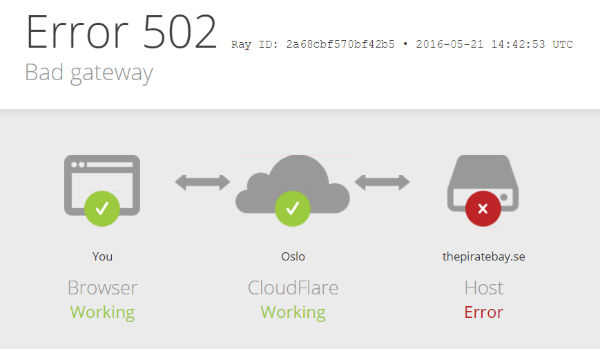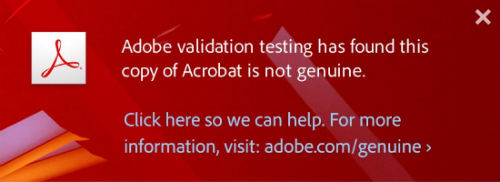Hollywood Withdraws Funding for UK Anti-Piracy Group FACT
mardi 24 mai 2016 à 17:00 The Federation Against Copyright Theft (FACT)is the most aggressive private anti-piracy group currently operating in the UK.
The Federation Against Copyright Theft (FACT)is the most aggressive private anti-piracy group currently operating in the UK.
In recent years the organization has been responsible for investigating dozens of alleged pirates and has secured many convictions, largely on behalf of its movie and TV industry partners.
Now, however, FACT faces a somewhat uncertain future after the Motion Picture Association, the movie industry outfit that supplies FACT with half of its funding, decided to pull its support for the anti-piracy group.
The MPA, which represents the interests of Disney, Paramount, Sony, 20th Century Fox, Universal and Warner Bros, has recently advised FACT that it intends to terminate its 30-year long relationship by not renewing its membership when it expires in six months’ time.
Speaking with Screen Daily, MPA Europe president Stan McCoy explained that local funding for FACT had been withdrawn in favor of financing larger regional hubs with a wider remit.
The relevant regional office dealing with the UK is the MPA’s EMEA (Europe, Middle East, Africa) in Brussels which aims to provide “a nimble local presence and a direct relationship with local law enforcement.”
McCoy acknowledged FACT’s efforts over the last three decades but said that the changing nature of piracy, including the shift away from physical to online infringement, requires “a more flexible approach” than the one currently in place.
“We live in a world now where a piracy website can have its nexus in Sweden one day, then move in a few months to Eastern Europe, then to Thailand, or it can operate in all three of those jurisdictions at once,” McCoy said.
For FACT the withdrawal of the MPA and by extension the major studios is a massive blow. The MPA currently provides FACT with around 50% of its funding, leaving the balance to made up a range of partners including the UK Cinema Association, the Film Distributors’ Association, the Premier League, and broadcasters including ITV.
FACT confirmed that its MPA funding is being withdrawn and is said to be considering its options. In the meantime, however, it’s unlikely that the UK will become a care-free piracy zone. The MPA says it intends to continue its work protecting copyright in the UK which will include the pursuit of more site-blocking injunctions and increased cooperation with the Police Intellectual Property Crime Unit.
That being said, it will be interesting to see how this situation plays out. FACT provided “boots on the ground” for the studios in the UK and undertook investigations against pirates that in some cases the police were reluctant to take on and in others carry through to a prosecution. Abandoning that local touch could be risky strategy for the MPA, but only time will tell.
Source: TF, for the latest info on copyright, file-sharing, torrent sites and ANONYMOUS VPN services.
 The Pirate Bay has been unreachable for more than a day now.
The Pirate Bay has been unreachable for more than a day now.
 For many years Australia has been labeled a hotbed of Internet piracy. Faced with high prices, a dearth of choice, and legal products arriving months after their debut elsewhere, millions of Aussies have turned unofficial sources.
For many years Australia has been labeled a hotbed of Internet piracy. Faced with high prices, a dearth of choice, and legal products arriving months after their debut elsewhere, millions of Aussies have turned unofficial sources.
 Adobe products are traditionally among the most pirated pieces of software.
Adobe products are traditionally among the most pirated pieces of software. 